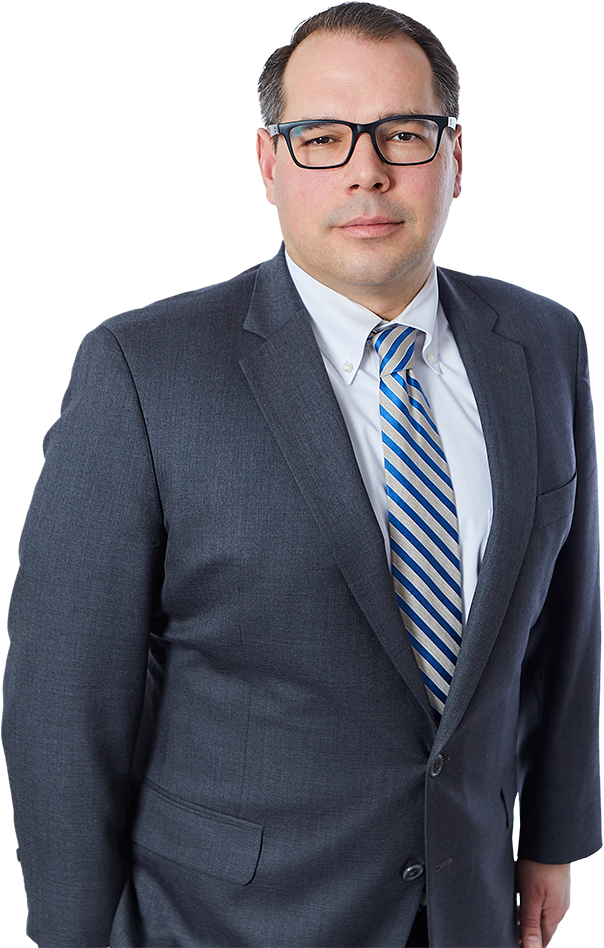
You’re Going to Need An Expert For That: Texas Appeals Court Holds No Legal Malpractice For Lost Opportunity to Settle
After over a $1 million jury verdict was rendered against it in the trial court, a Texas law firm appealed arguing the evidence was legally and factually insufficient to support the jury’s award for lost opportunity to settle the underlying personal injury claim involving a trucking accident. The law firm argued its client, a trucking company defendant in the underlying personal injury suit, failed to offer any expert testimony as to the causation and damages in the legal malpractice lawsuit. Instead, the client relied solely on the lay testimony of the personal injury suit plaintiff’s attorney, the plaintiff in the personal injury suit, and its own president’s testimony about whether the underlying suit should have settled if given an opportunity and the amount of settlement.